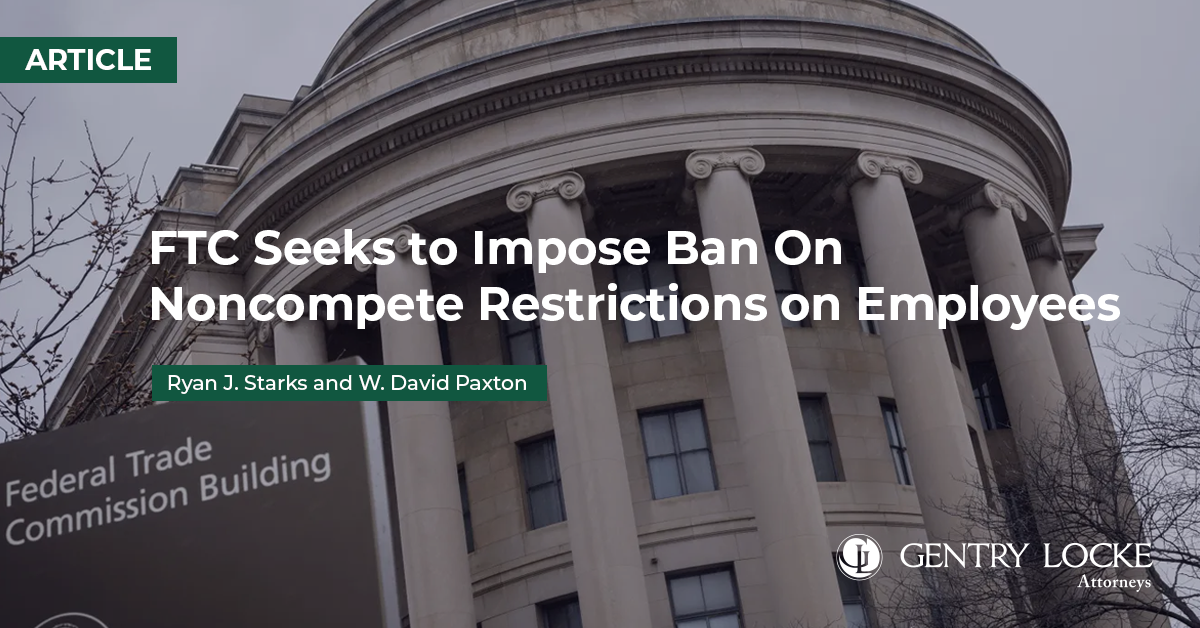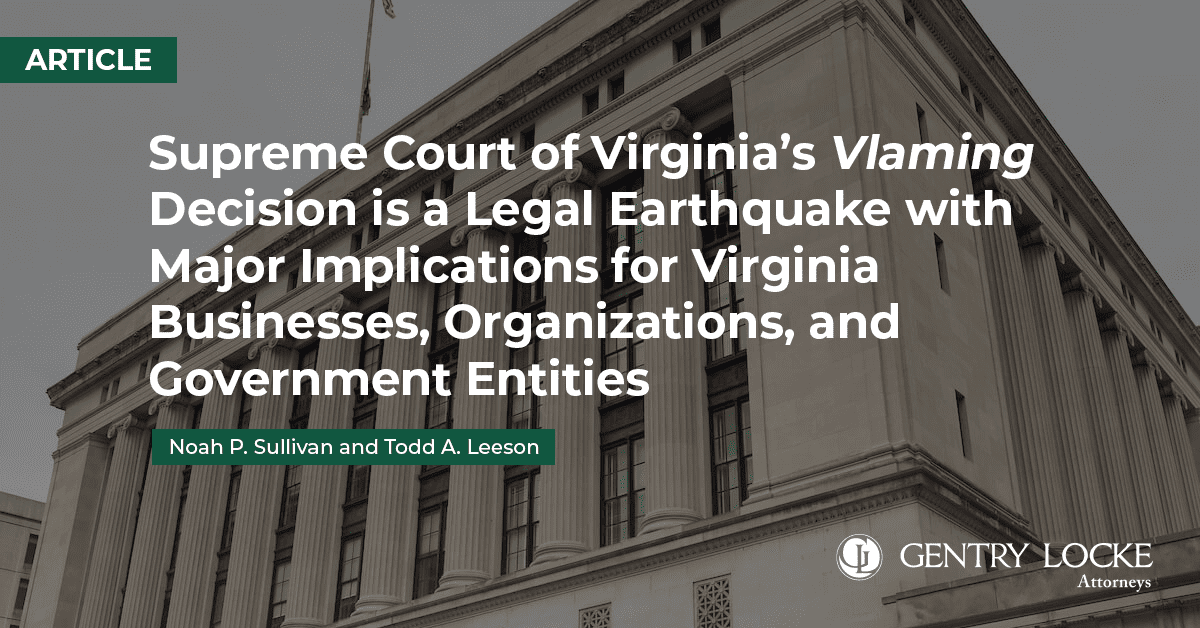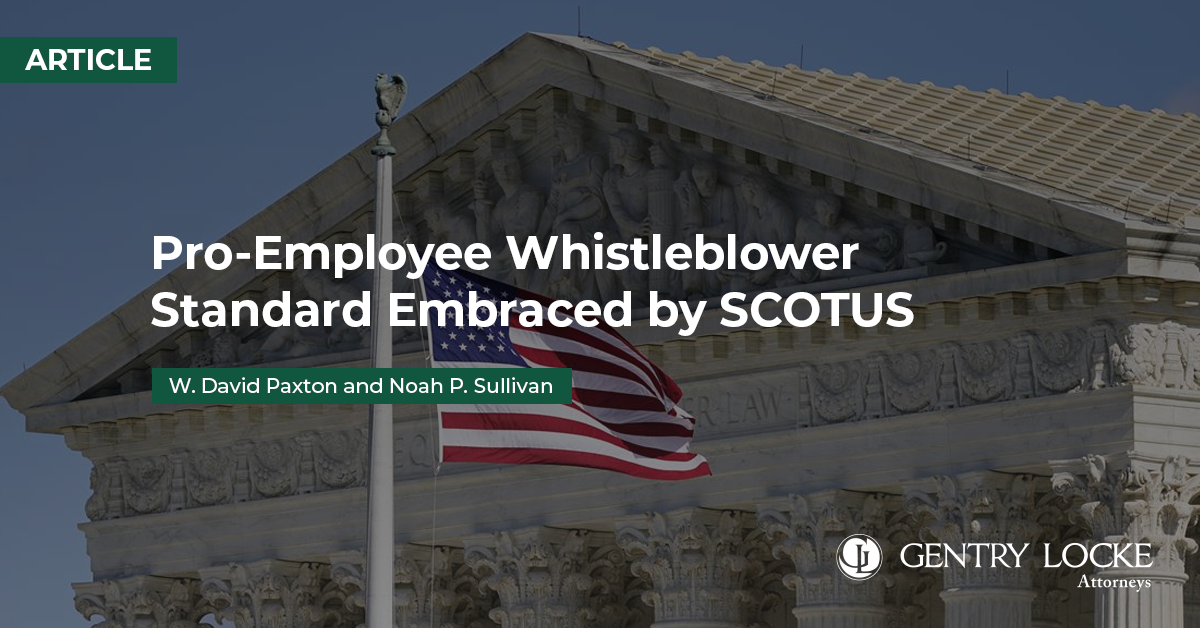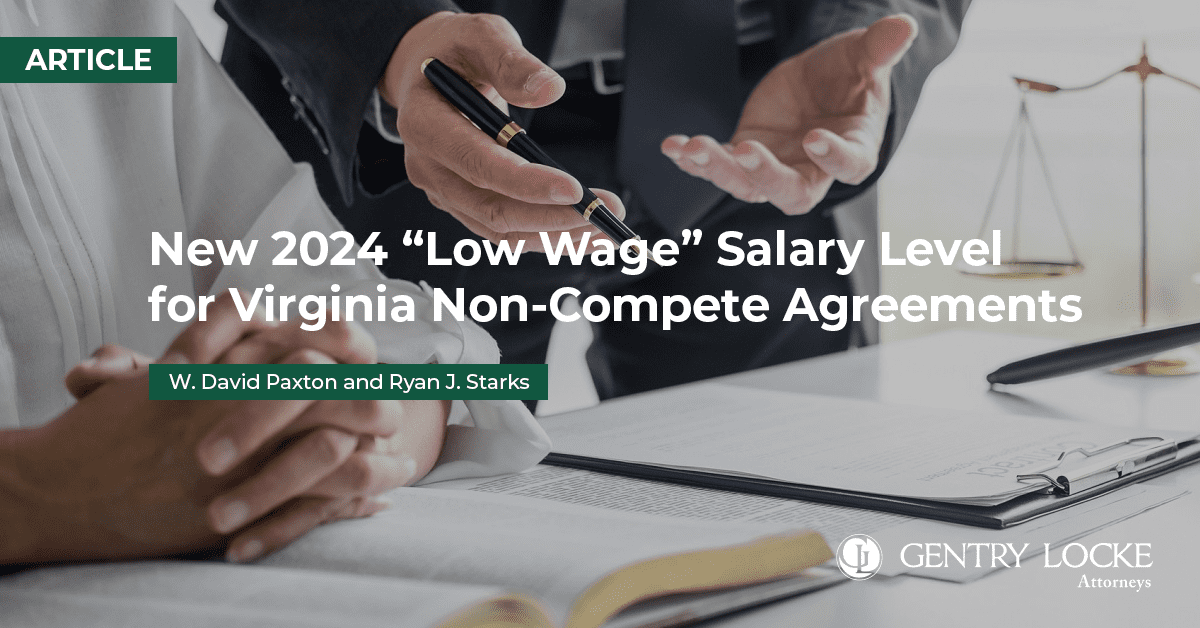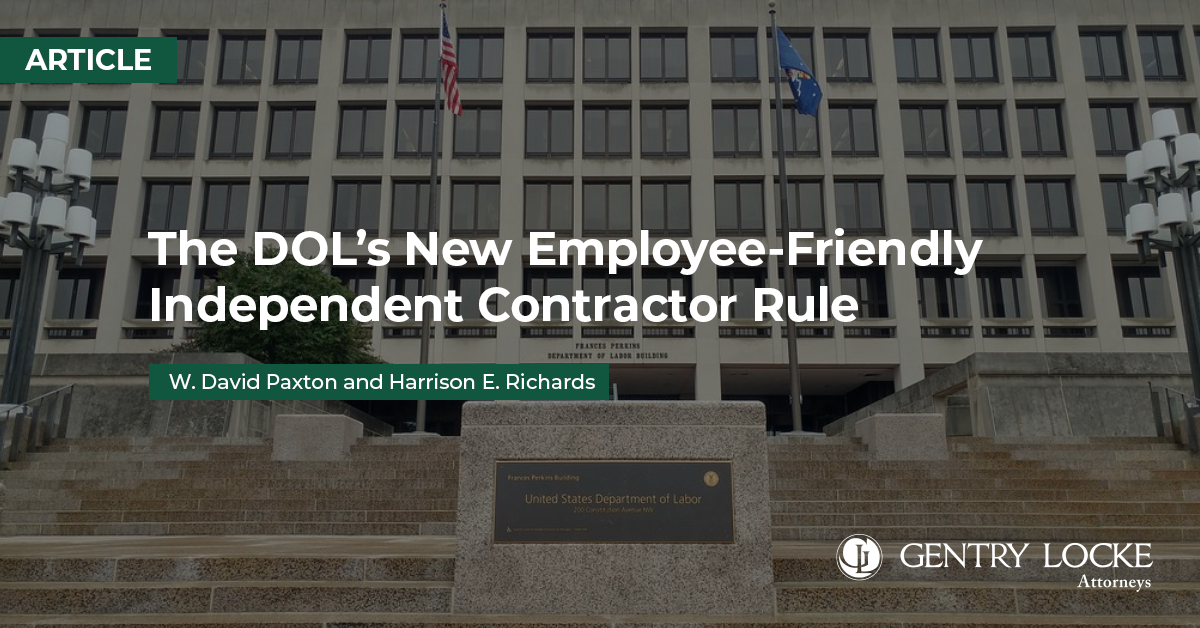FTC Seeks to Impose Ban On Noncompete Restrictions on Employees
On April 23, 2024, the Federal Trade Commission (“FTC”) issued a Final Rule which provides that it is an “unfair method of competition” for employers to enter into non-compete clauses with their workers after August 21, 2024—or 120 days after the Final Rule is published in the Federal Register. The Final Rule is available here. The Final Rule was issued after the FTC received more than 26,000 public comments in response to its Notice of Proposed Rulemaking issued in January 2023. While the ban is scheduled to take effect 120 days after the Final Rule is published in the Federal […]


